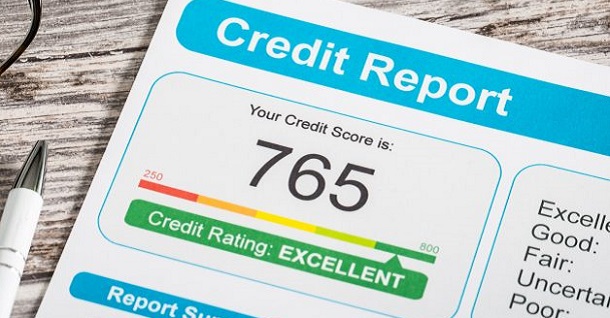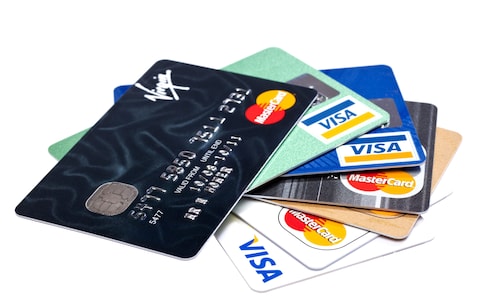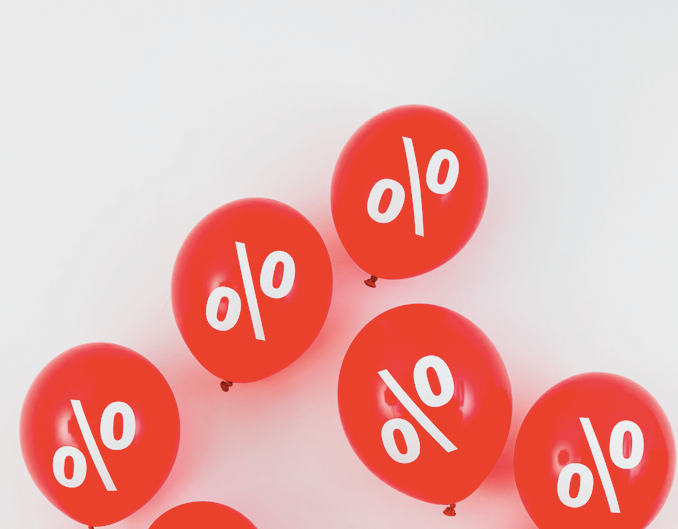
Whether you are planning on applying for credit or just like to keep track of your finances and credit score, getting a free credit report is often a good idea. There are hundreds of websites out there offering credit reports and other services and knowing which to choose can be daunting. Not only can you choose between a free credit report or a paid one, but you can also choose from various suppliers and services.
This guide covers everything you need to know about credit reports, including the pros and cons of checking your credit score and top three websites for a free credit report.
Why get a free credit report?
Periodically checking your credit report is an important habit to get into as it allows you to make sure everything is correct and accurate. It is not uncommon for the credit reference agencies (CRAs) to make mistakes. So, checking your credit report gives you the opportunity to check everything is as it should be.
A credit report can also help you to check there hasn’t been any unauthorised activity against your name. Many individuals who have been subject to fraud only find out once they find an unauthorised bill in their credit report.
If you are planning on applying for any form of lending, then checking your credit report first can give you a good indication as to whether your application will be successful.
Why choose free over paid credit reports?

When you look online to check your credit report, you will see some providers offer a free credit check service, while others you have to pay for. There are a few key differences between the free credit report websites and paid options, and before you decide it is important to understand what you are paying for:
Free Credit Reports: When you choose a free service to check your credit report, you will be accessing data from a system that is updated roughly every 24 hours or so, and sometimes it can take up to 10 working days for data to be received, analysed and uploaded.
The report itself will include all the basic information such as green, amber or red credit status and current assets and debts. All of this data is collated from free and public information sources and produced into one simple report.
Paid Credit Reports: A paid credit report service will be updated more regularly and uploaded into the system within 24 hours, so there is no delay. The report will include a full credit score from 1 to 100 and details of how your credit score has changed over time.
This data is pulled from various different sources on a regular basis and can cover more than can be found on a free report.
As well as obtaining a free or paid credit report as a one-off, there are also services available that will regularly monitor your credit score on your behalf. These are worth considering if you want to keep a very close eye on your credit report.
What are the advantages and disadvantages of a free credit report?
There are a number of advantages to checking your free credit report:
- Identify Errors: One of the biggest advantages of checking your credit report is being able to check for any errors. This could include old addresses, incorrect telephone numbers or anything else that could be incorrectly impacting your credit score.
- Monitor For Fraud: As well as checking for admin errors such as addresses and phone numbers, checking your credit report can help you ensure your name and details are not being used for fraud. A credit report is one of the easiest ways to check no one else is using your identity.
- Chance Of Being Accepted: If you are applying for a large amount of credit, such as a mortgage or loan, you can check your likelihood of being accepted by checking your credit report beforehand. If there are any errors you can resolve them before you apply.
As with anything, free credit reports also come with their disadvantages:
- Basic Data: A free credit report often includes the most basic information, unlike a paid report which can be much more comprehensive.
- No Guarantee: If you want to know if you are likely to be accepted for credit, then a credit report can give you a good idea, but it isn’t a guarantee. Even if your credit report is good, a lender could still reject your application.
There is no one single credit score that all lenders will use. Each lender could be using different credit reports and receiving different information.
Where to get a free credit report?
Looking online for a free credit report can be confusing. With so many different options available, it is difficult knowing which one to choose. These are our top three websites that offer free credit reports:
1. Experian
Experian is the largest of the three credit reference agencies. They provide a CreditExpert Service which costs £14.99 a month and will give you access to your credit report and email alerts on any changes. You can sign up for a 30-day free trial and then cancel without being charged if you wish to access your credit report.
Experian also offers a CreditMatcher service which is free to use and gives details on your financial profile, but not a full credit report.
2. Equifax/ClearScore
Just like with Experian, Equifax allows you to take out a 30 days free trial of their credit monitoring service which provides access to your credit report. ClearScore also allows you to see your full credit report from Equifax for free without the need to sign up to any services.
3. TransUnion
Formally known as CallCredit, TransUnion offer a service called Noddle which is now called Credit Karma, which provides free access to your credit report. You can also check your TransUnion credit report using a CheckMyFile which offers a 30 day free trial just like Equifax and Experian.
Your credit report does not include personal information such as your criminal record, salary or religion.






